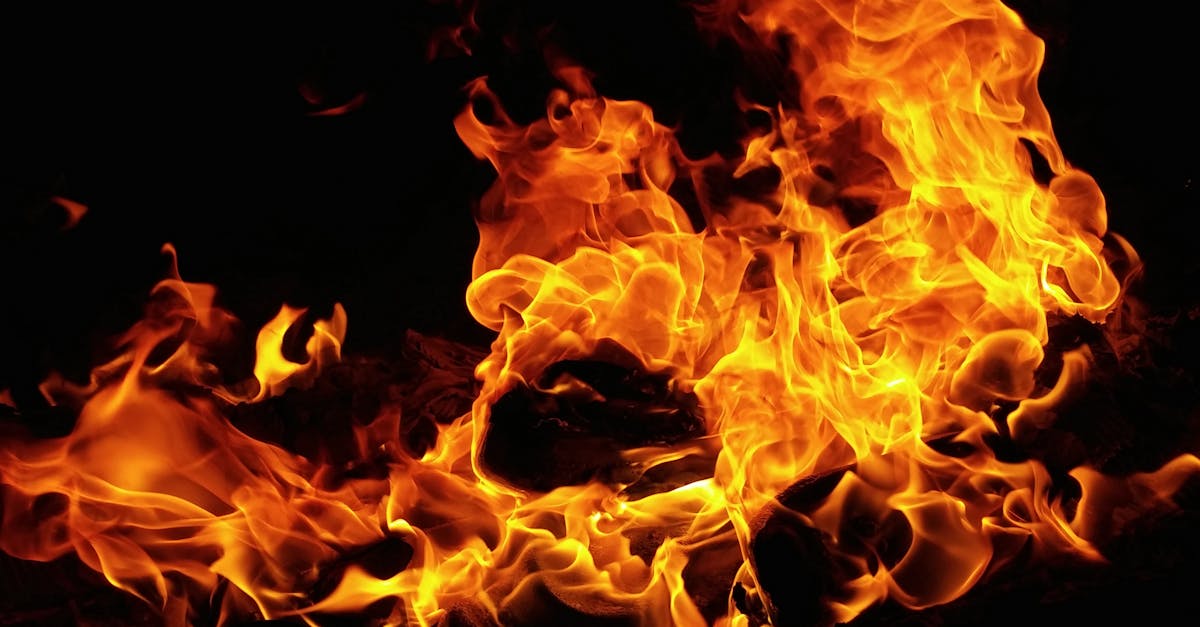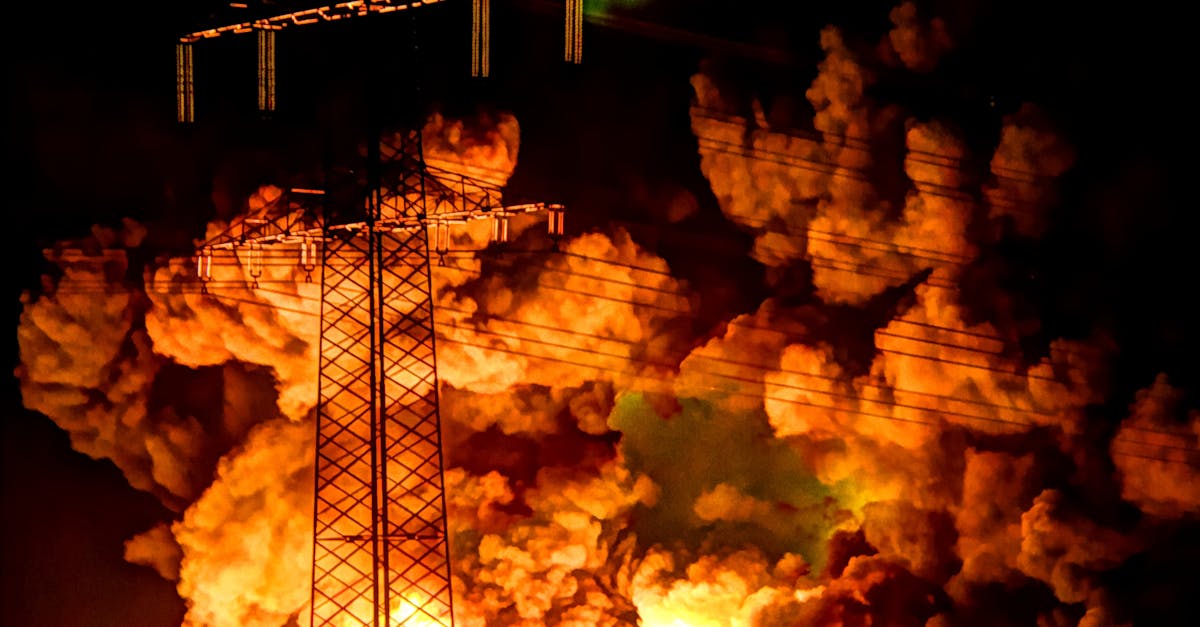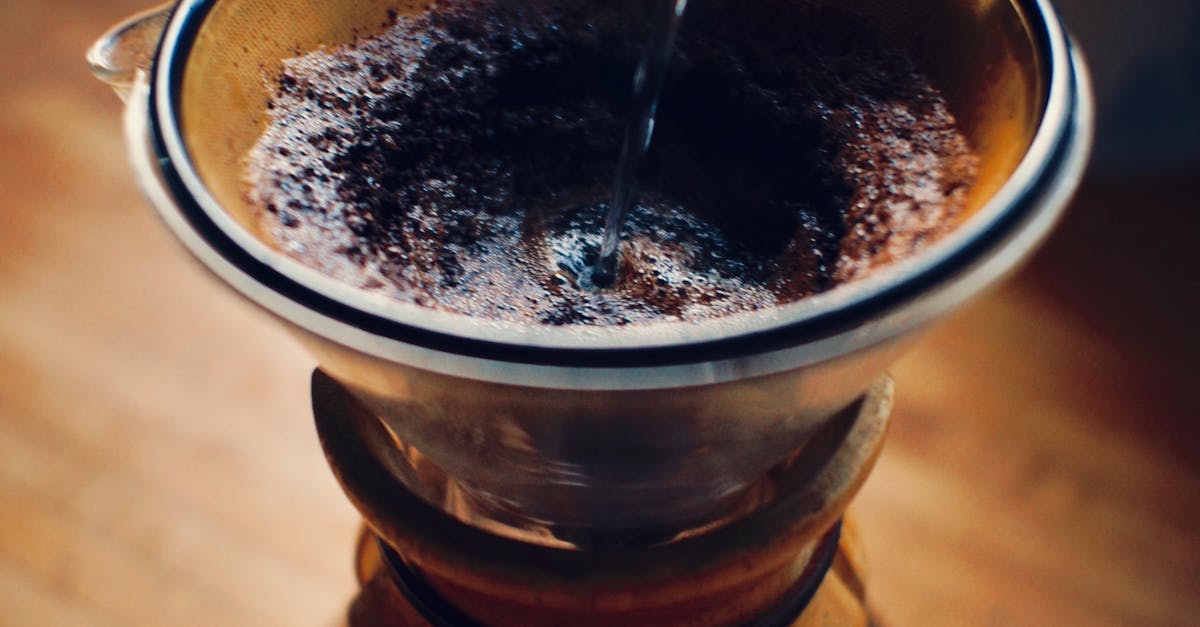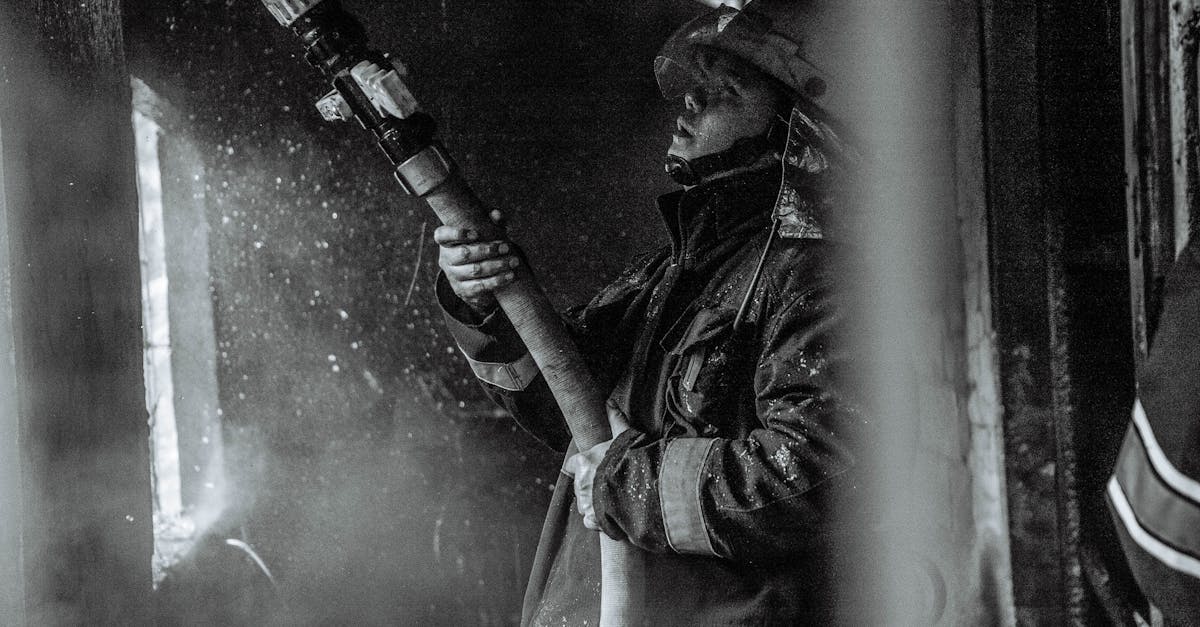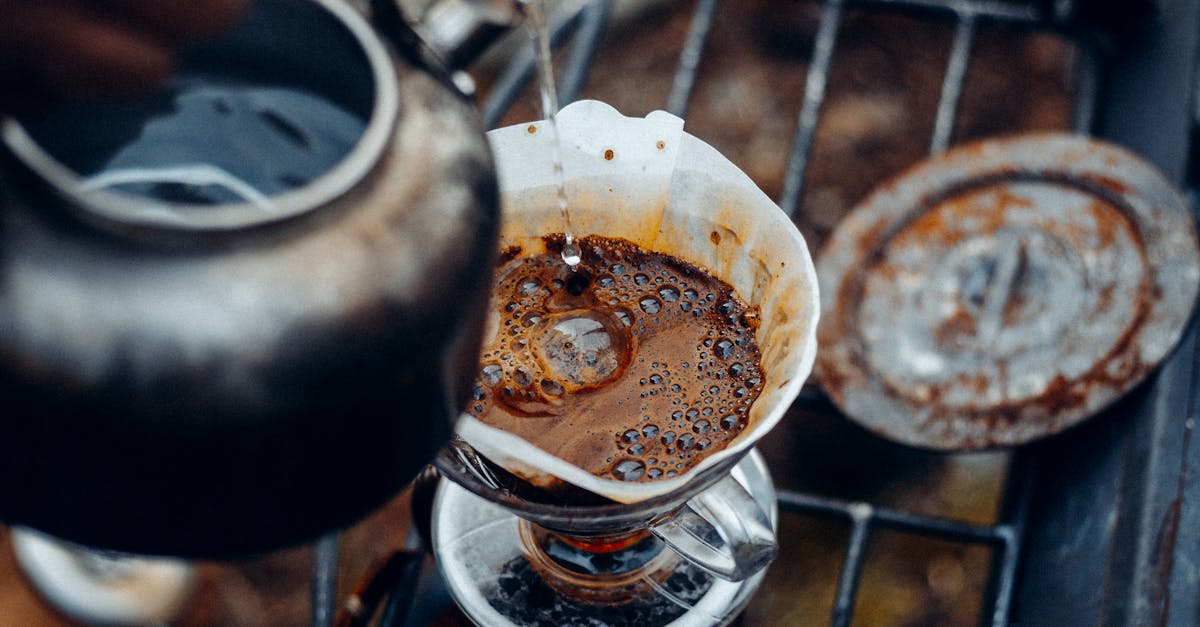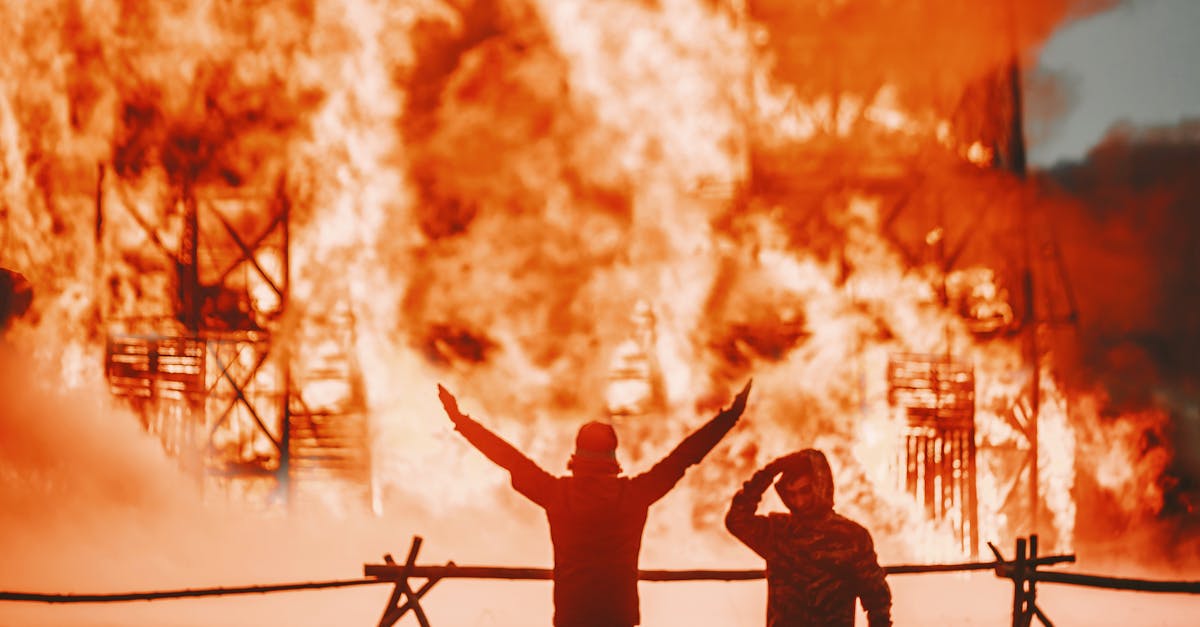
Table Of Contents
Corrosion and Rust Formation
Corrosion and rust formation are primary factors that can significantly shorten the life expectancy of a water heater. Over time, the internal components of a water heater, such as the tank lining and pipes, can become compromised due to prolonged exposure to water. This deterioration often results in leaks, poor heating efficiency, and eventual failure of the unit. Regular inspections can help identify early signs of corrosion, enabling homeowners to take necessary corrective actions before extensive damage occurs.
Hot Water System Maintenance plays a crucial role in mitigating corrosion and rust issues. Flushing the tank periodically can remove sediment buildup, a common contributor to accelerated corrosion. Additionally, inspecting and replacing anode rods regularly helps protect the tank from rust, ensuring the longevity of the water heater. Implementing these maintenance practices can result in a more reliable hot water supply and extend the overall life of the unit.
Preventing Corrosion
Regular inspections of the anode rod can significantly prevent corrosion in a water heater. This rod attracts corrosive elements in the water, thus extending the life of the tank. It is advisable to check the rod at least once a year and replace it when necessary. Neglecting this component can lead to rust formation, which compromises the integrity of the water heater.
Adopting proper Hot Water System Maintenance practices contributes to preventing corrosion as well. Flushing the tank periodically removes sediment build-up, which can cause rust and insulating inefficiencies. Additionally, keeping the water temperature at a reasonable level can enhance performance and reduce wear on the system. Consistency in maintenance habits is key to prolonging the lifespan of a water heater.
Usage and Demand Patterns
Water heaters experience varying levels of stress depending on the usage and demand patterns of a household. Increased demand for hot water can lead to more frequent heating cycles, which places added strain on the system. Households that often run multiple hot water appliances simultaneously may encounter problems sooner than those with lower demand. Understanding these patterns is essential for managing efficiency and longevity.
Regular Hot Water System Maintenance is crucial to mitigate the effects of heavy usage. Routine inspections can help identify issues like sediment buildup or leaks before they escalate. Homeowners should consider scheduling service during off-peak seasons when demand is lower. This proactive approach ensures the system operates efficiently, potentially extending its lifespan.
Impact of High Water Demand
High water demand can significantly affect the lifespan of a water heater. Frequent use leads to increased strain on the unit, resulting in a higher likelihood of wear and tear. This scenario is particularly common in households with large families or high usage patterns. When the demand exceeds the heater's capacity, it may struggle to keep up, causing components to degrade faster than they normally would.
Proper management of hot water usage can mitigate these effects. Scheduling activities that require hot water, such as laundry or dishwashing, during off-peak hours can help. Additionally, regular hot water system maintenance is crucial for ensuring that the unit operates efficiently under heavy demands. By addressing potential issues early, homeowners can prolong their water heater's functional lifespan while maintaining consistent performance.
Age and Build Quality
The age of a water heater significantly affects its lifespan. Typically, water heaters last between 8 to 12 years, depending on various factors such as usage frequency and the quality of the unit itself. Older units are more susceptible to issues like corrosion and sediment buildup, leading to reduced efficiency and potential failures. Regular hot water system maintenance can help identify problems early, extending the life of the unit and ensuring better performance.
Build quality plays a crucial role in determining how long a water heater will last. Units constructed with higher-grade materials generally withstand wear and corrosion better than those made with cheaper components. Investing in a quality water heater can save homeowners money in the long run. Proper hot water system maintenance is equally important, as it involves routine inspections and servicing, which can prevent premature breakdowns and enhance overall functionality.
Choosing Quality Units
Selecting a high-quality water heater can significantly influence its longevity and performance. Units manufactured from durable materials, such as stainless steel or copper, resist corrosion better than those made from lower-grade metals. Investing in brands with solid warranties and positive reviews often indicates reliability. Consumers should also consider energy efficiency ratings, as more efficient models typically have better insulation and longer lifespans.
Regular Hot Water System Maintenance is crucial after choosing a quality unit. This includes routine checks and flushing to remove sediment build-up that can cause overheating and corrosion. Homeowners should also monitor the anode rod, which protects the tank from rust. A proactive approach to maintenance not only extends the life of the water heater but also ensures consistent hot water availability.
FAQS
What is the main cause of a water heater's shortened lifespan?
The main causes of a water heater's shortened lifespan include corrosion and rust formation, heavy usage patterns, and the age and build quality of the unit.
How can I prevent corrosion in my water heater?
You can prevent corrosion by regularly inspecting the anode rod, flushing the tank to remove sediment buildup, and ensuring that the water temperature is set to a safe level, typically around 120°F.
Does high water demand affect the lifespan of a water heater?
Yes, high water demand can lead to excessive strain on the water heater, causing it to work harder and potentially leading to a shorter lifespan due to increased wear and tear.
How can I choose a quality water heater?
When choosing a quality water heater, look for units with a good warranty, energy efficiency ratings, and positive customer reviews. Additionally, consider the materials used in construction, such as stainless steel or glass-lined tanks, which can enhance durability.
How long should I expect my water heater to last?
On average, a traditional water heater can last between 10 to 15 years, while tankless water heaters may last up to 20 years or more with proper maintenance.



